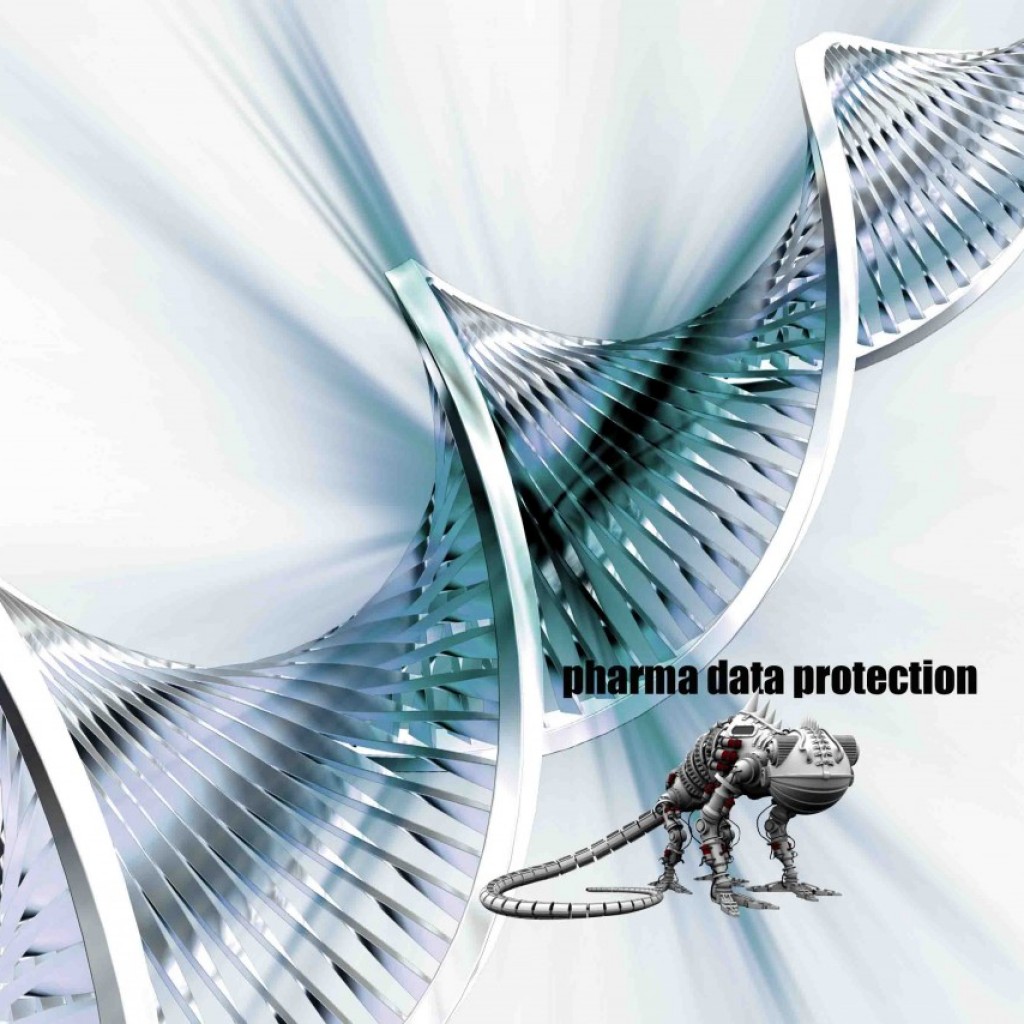pharma data protection


US President Barack Obama’s recent visit to India has brought the focus back on data protection (DP) and patent linkage (PL) — two areas where Washington, at the behest of Big Pharma, has for several years been nudging the government here, albeit with little success.
With the government’s change of stance, according to sources, the PMO and the department of industrial policy and promotion are weighing the option, the easiest of the available, of telling the health ministry to direct the central and state drug controllers to implement DP and PL. This doesn’t involve immediate changes in the relevant laws/rules, which, the sources said, could, however, be thought of later.
Simply put, the move would mean patent holders could face much less threat from the country’s nimble-footed generic companies and enjoy their exclusive marketing rights peacefully and, maybe, for longer periods.
Data protection, arguably a legal obligation on member nations that are signatories to the multilateral TRIPS agreement, ensures non-reliance by the drug regulator (Drugs Controller General of India in India’s case) on test data of originator companies (usually patent holders) while approving same (bio-equivalent) generic drugs of the second and subsequent applicants.
The idea is to avoid potential “unfair commercial use” of the data of new chemical entities (NCEs), created with much effort and at often at huge costs by conducting animal toxicity studies and human trials.
Patent linkage would ensure patent controllers and drug regulators coordinate so that a generic versions of a patented product are not approved by the latter during the term of a patent.
While NCE-related data submitted to DCGI for marketing approvals are not disclosed by the regulators to others even now, the regulator relies on the same for vetting bio-equivalent generic drugs, resulting in huge savings for the generic companies and allowing them to launch generic versions as soon as patents expire. If the regulator doesn’t rely on the innovator data for approving generics, then entry of generics could be delayed and be costlier. The generic companies allege that “non-reliance” by the regulator could give the patent holder the option of making incremental changes in the patented product and extending the patent protection, a process called ever-greening of patents.
While a high-level committee had in 2007 recommended fixed-term Data Protection for five years (from the date of filing for marketing) for NCEs with safeguards like an assurance that the DP won’t exceed the term of the patent, it never got implemented due to protest by domestic drug companies, NGOs and sections within the government, including the health ministry. Data protection for agrochemicals was however given.
The committee headed by Satwant Reddy, then secretary to government, had also said the government could waive ‘data protection’ norms in case of national emergency and if the protected product is priced too high.
To buttress data protection (even now, various domestic laws allow Trade Secret form of protection, the government needs to amend the Drugs and Cosmetics Act (DCA) to include fixed period data protection with non-reliance clause. The sources, who wished not to be identified, said this was still perceived to be a tough option, given the need for Parliamentary approval. The other option is to change the Rules under the DCA through an executive order, but even here, it would require the health ministry to put up the amendments for around 40-45 days in public domain for comments from stakeholders, they added.
Sources said prior to Obama’s visit, the Big Pharma had met the then Indian Ambassador to the US (current foreign secretary) S Jaishankar to represent their concerns on Indian IPR regime and their demands on data protection and patent linkage.
Those who favour legally enforced DP argue that it would facilitate early entry of newer (patented) medicines into the Indian market, project India as a country which encourages innovation and help attract more FDI in drug manufacturing and research. The counter view is that it could be temporary barrier for early entry of generics. Also, prices of the pioneer drugs could remain high during the period of protection.
Fixed period of data protection is provided to pharmaceutical and agro-chemical NCEs by the US, WU, Canada, China and Brazil, among other countries.
India had a few years ago provided data protection for agro-chemicals through an internal notification that amended the Rules framed under the Insecticide Act.
Flaying the government’s move on DP and PL, DG Shah, secretary general of Indian Pharmaceutical Alliance (IPA) that comprises large domestic drug companies said that the PMO has erred on committing to the US Trade Representative for changes in India’s Intellectual Property regime, “without consulting the ministries dealing with the subject” and “not disclosing to the nation the commitments made” and “miscalculating their impact on the economy at large and the public health in particular.”
According to Article 39.3 of the TRIPS Agreement, “Members when requiring, as a condition of approving the marketing of pharmaceutical or of agricultural chemical products which utilize new chemical entities, the submission of undisclosed test or other data, the origination of which involves a considerable effort, shall protect such data against unfair commercial use. In addition, Members shall protect such data against disclosure, except where necessary to protect the public, or unless steps are taken to ensure that the data are protected against unfair commercial use.”
Holders keepers:
* Central and state drug controllers may be asked to implement DP and PL
* No immediate changes in the relevant laws/rules, which could be thought of later
* Patent holders would face much less threat from generic companies
* Enjoy their exclusive marketing rights peacefully and, maybe, for longer periods










